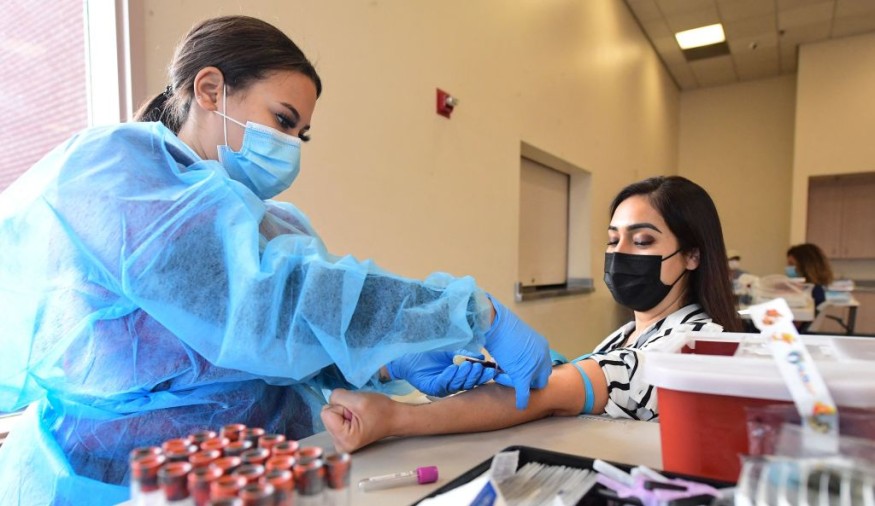Throughout the pandemic, scientists have developed a COVID test kit that could allow users to have results about their current status in just a few minutes. However, there are no tests that could do the reverse of these functions.
In a new study, experts assembled a model that could tell information about the SARS-CoV-2 antibodies in the system of an individual.
SARS-CoV-2 Antibody Test

Due to the fear of having the coronavirus, many households and even large companies let their members undergo weekly and monthly tests to detect possible infection. But amidst the wide-scale implementation of these tests, there is still no technology that could assess people about how well they are protected from the virus.
With that said, researchers constructed an easy-to-use system that tells information about the antibody levels of a patient. The test is based on a glucose meter and relies on fusion proteins for people to easily monitor the natural protection they have in their bodies, reports EurekAlert.
COVID vaccines effectively against the virus and protect patients from a particular variant. However, we still have limited data on how these treatments last as varying results were observed in various brands and responses of people administered with them.
One possible solution that could let us know if we are guarded against coronavirus infection risks is looking at the natural immune protection we have in our bodies known as SARS-CoV-2 antibodies.
The only problem is that the most successful antibody reader called enzyme-linked immunosorbent assay or ELISA requires the help of technicians and costly equipment.
To create a better solution for COVID antibody tests, experts utilized a readily-available technology known as glucose meters. These clinical-grade devices are intended for monitoring glucose production. In recent years, scientists incorporated glucose meters into other applications to get more accurate results from lab exams.
The new study's authors combined the concept of glucose meters to fusion protein production to allow an effective data collection over the SARS-CoV-2 antibodies.
New Testing Model for Detecting Protection Against COVID-19 Works Equivalent to Conventional ELISA Techniques
To test the device, experts constructed and produced a novel fusion protein with both an antibody and invertase of a mouse. These materials were bound with immunoglobulin (lgG) antibodies in humans.
The reaction of test strips was observed when exposed to SARS-CoV-2 spike proteins bound to the antibodies. The produced combination was added with the invertase/lgG fusion and sucrose, which produced glucose that could eventually be detected by the glucose meter.
The results of testing the meter with samples from various participants showed that the new assay performed at the same level as four distinct ELISA models.
The Johns Hopkins University School of Medicine, the National Institutes of Health (NIH), and the Emerson Collective Cancer Research Fund developed the new antibody detector.
The findings were published in the Journal of the American Chemical Society, titled "Antibody-Invertase Fusion Protein Enables Quantitative Detection of SARS-CoV-2 Antibodies Using Widely Available Glucometers."
RELATED ARTICLE : New Strain of Coronavirus Detected in Swedish Rodent Black Voles
Check out more news and information on COVID-19 in Science Times.











